According to the Sleep Foundation, almost 50% of Americans1 say they feel sleepy during the day. Sleep deprivation is a serious issue that can drastically alter your health and wellbeing. A lack of sleep can lead to a whole host of health problems, such as weight gain, chronic stress, and more. As we have touched upon before, not getting enough sleep can put you in something called sleep debt. This is when you are constantly below the recommended levels of sleep, and you need to do whatever you can to sleep more and get out of debt. The longer you let your sleep debt carry on, the worse it will get, making your life a walking misery. Naturally, there are various things you can do to get more sleep. However, if you suffer from insomnia or any other sleeping condition, this poses more of a challenge to you. Consequently, you might be inclined to look for sleep aids. There are many types of sleep aids on the market, a lot of which are prescription drugs. Instead, it can be more beneficial for your health - and arguably more effective - if you opt for a natural sleep aid alternative. Plant-based sleep aids are exactly that; a natural remedy to help you get more z’s every night. As you can imagine, copious plant-based sleeping aids exist on the market. So, how do you figure out which one is right for you?
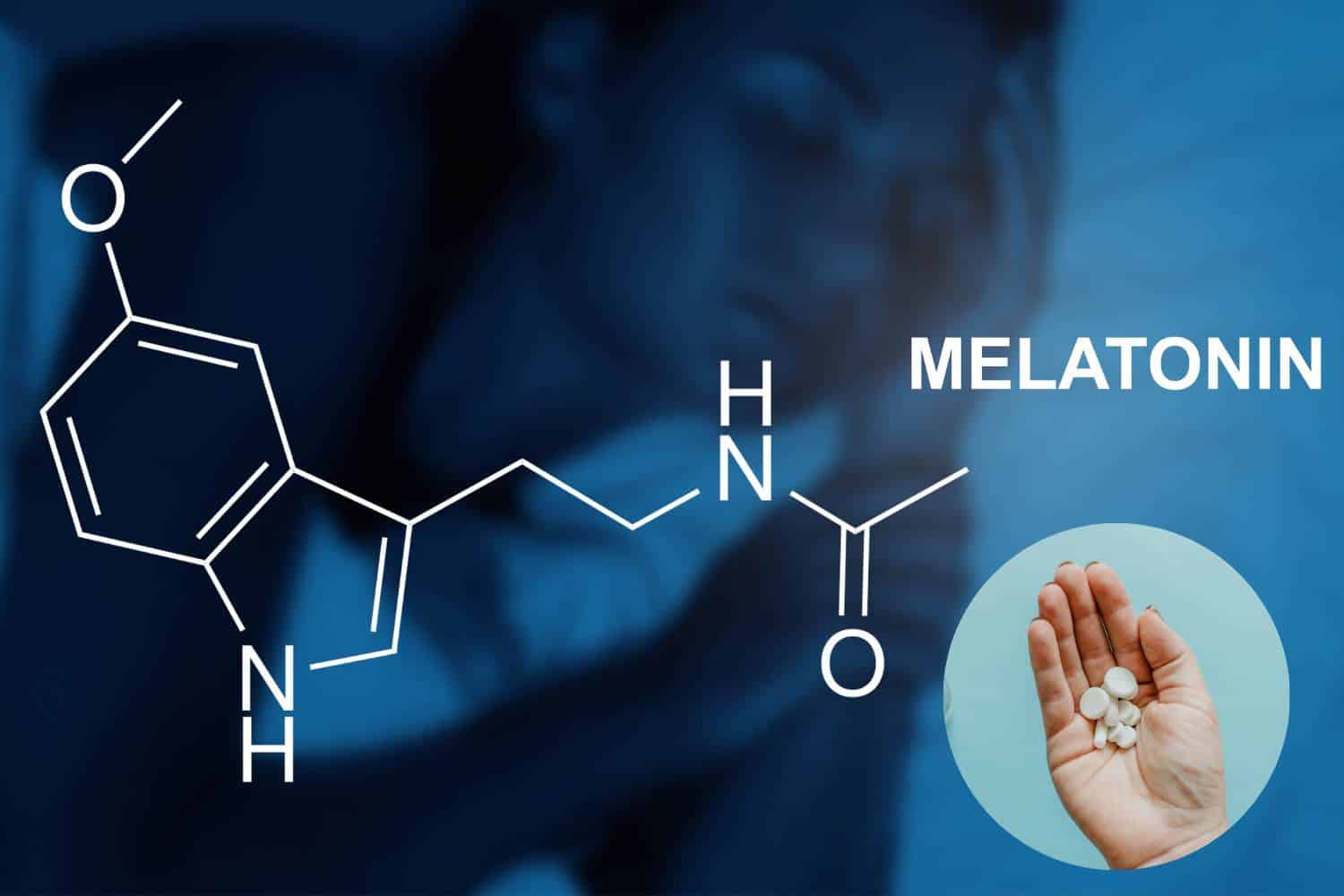
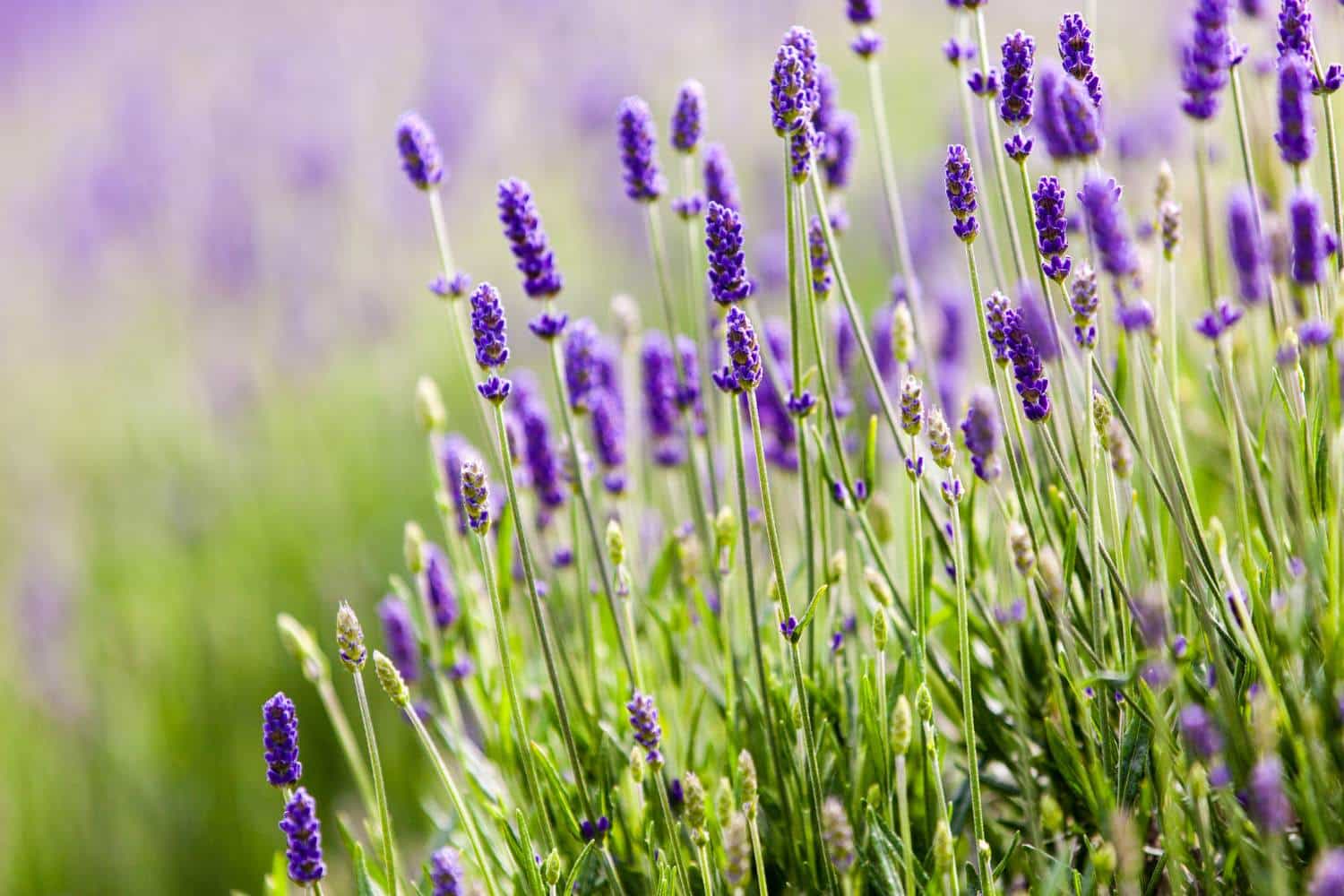
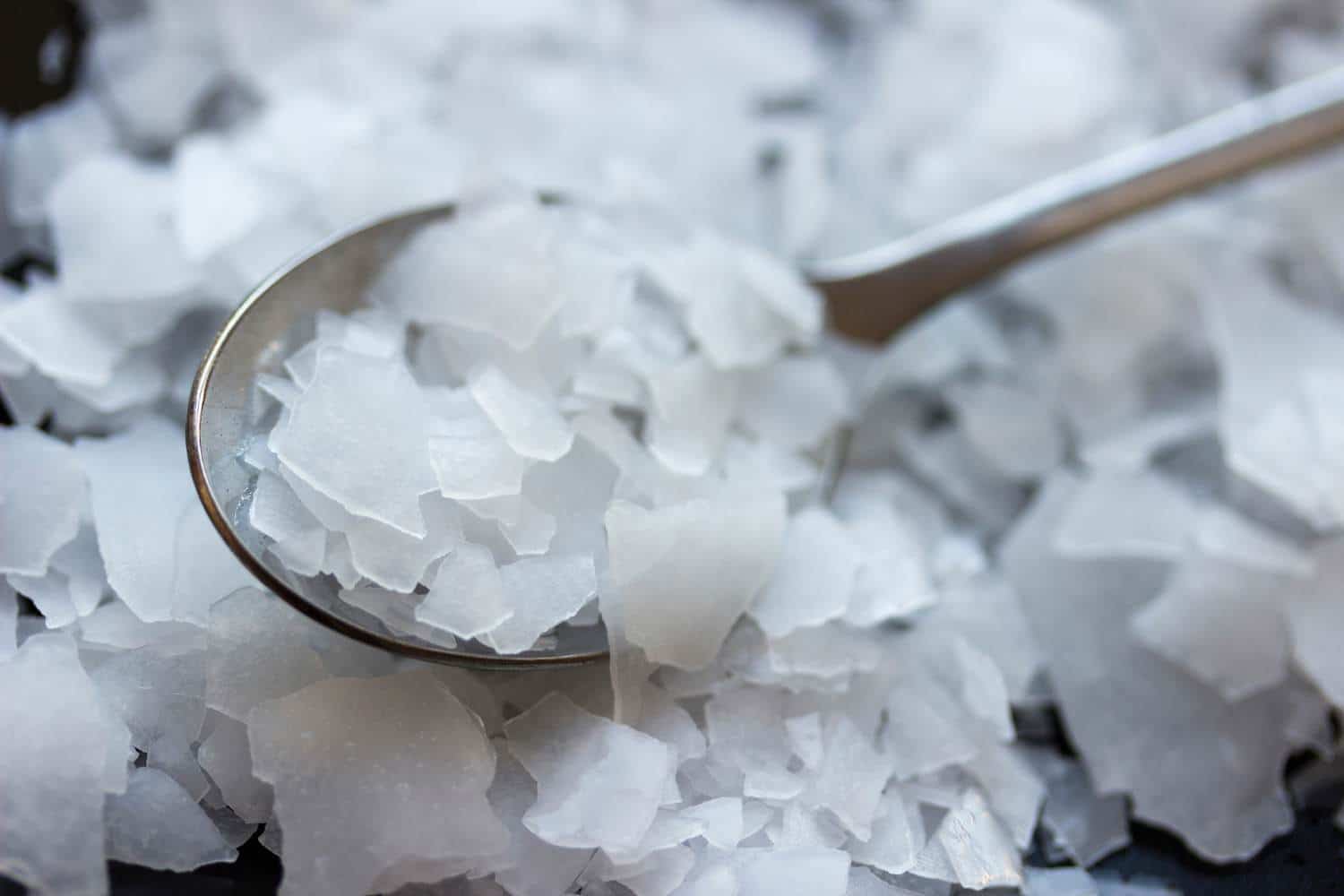
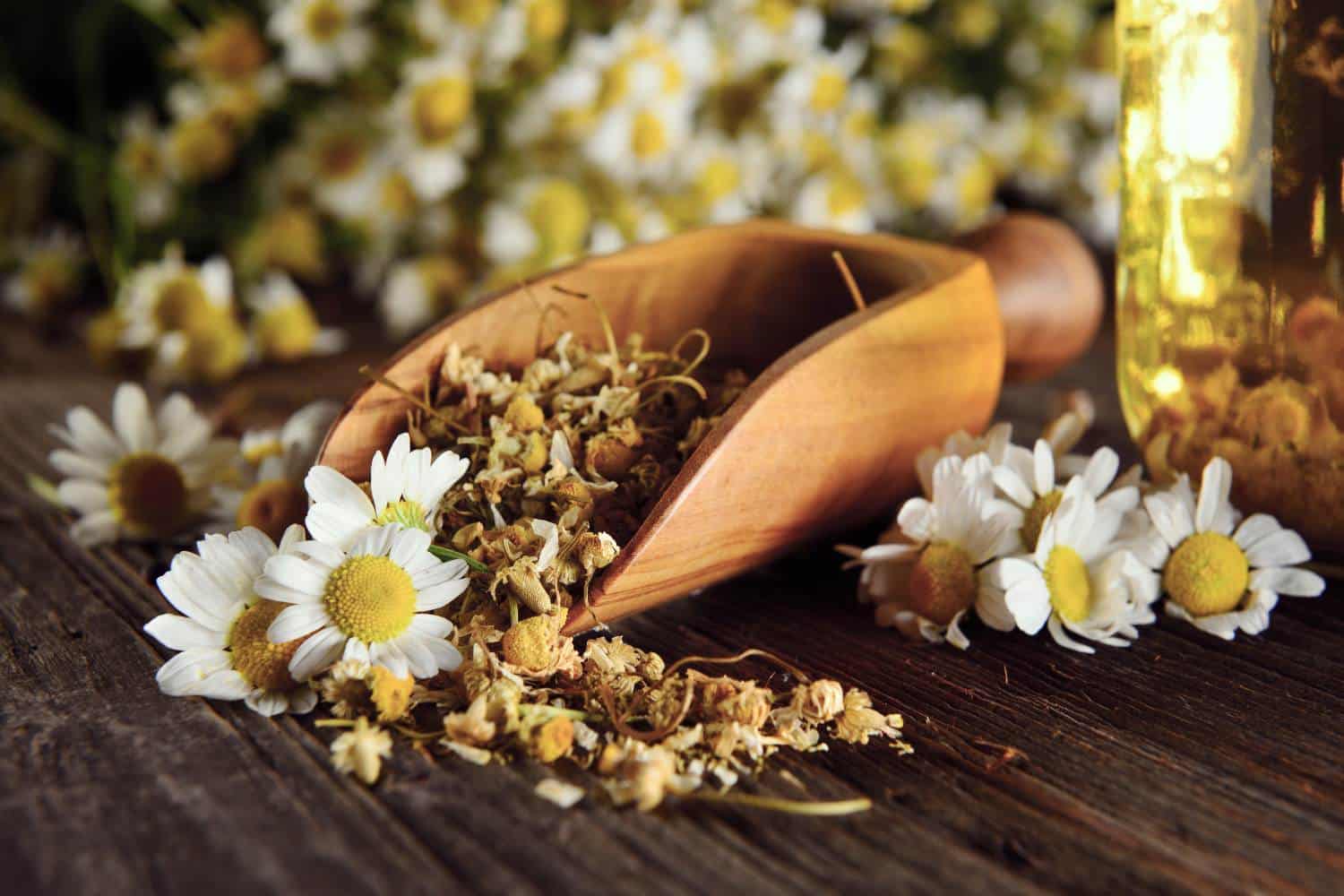
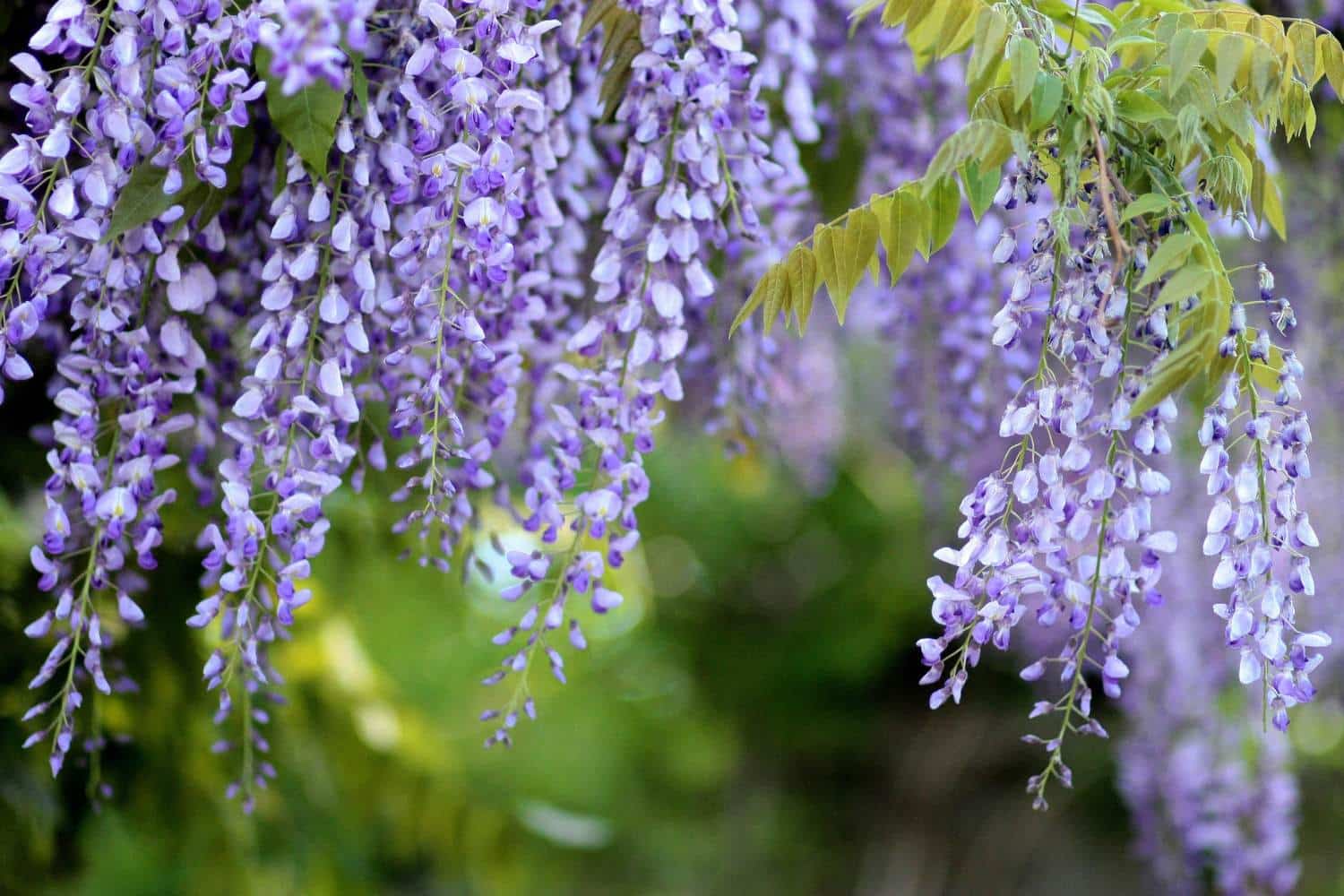
 Learn More About Slumber
Learn More About Slumber
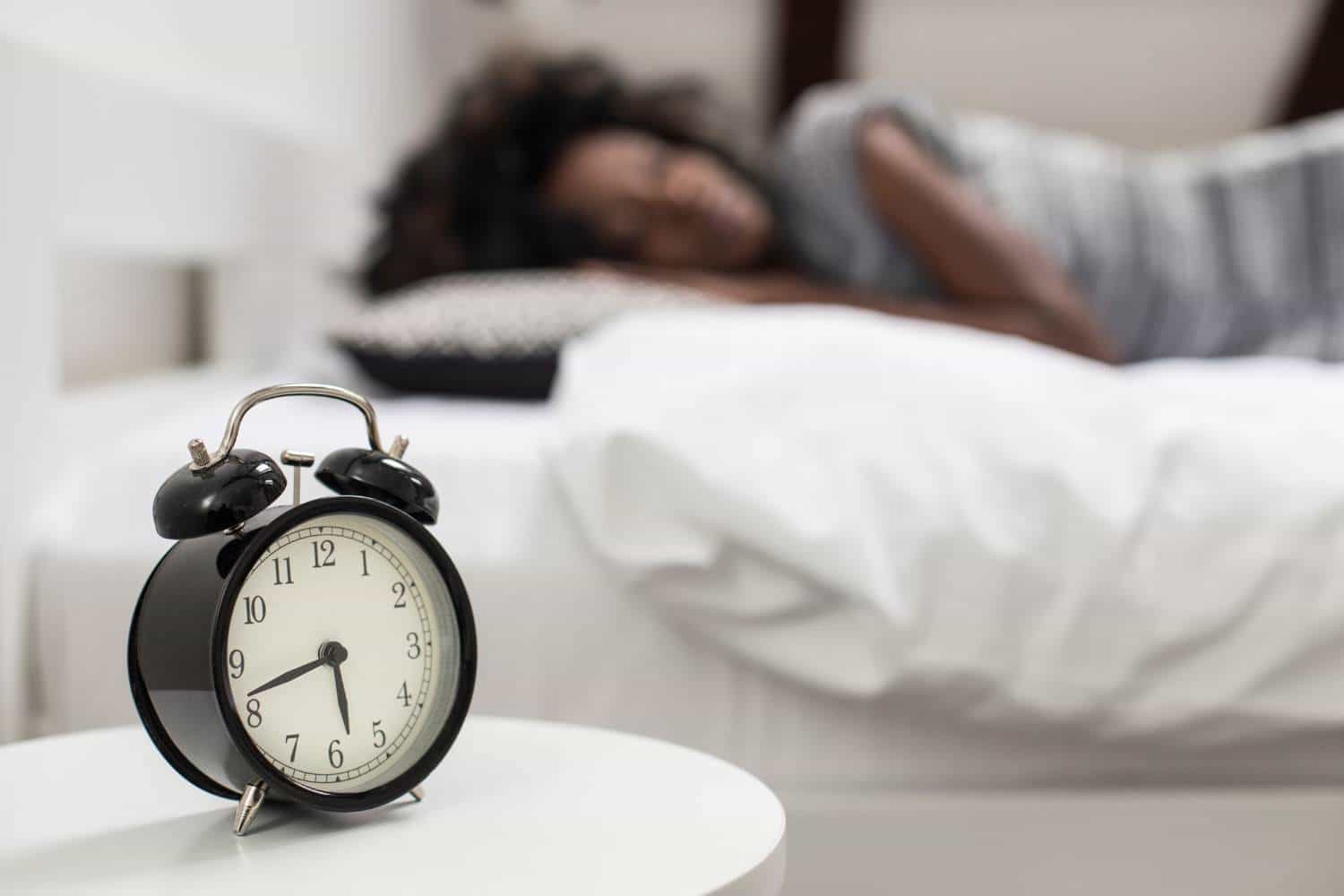
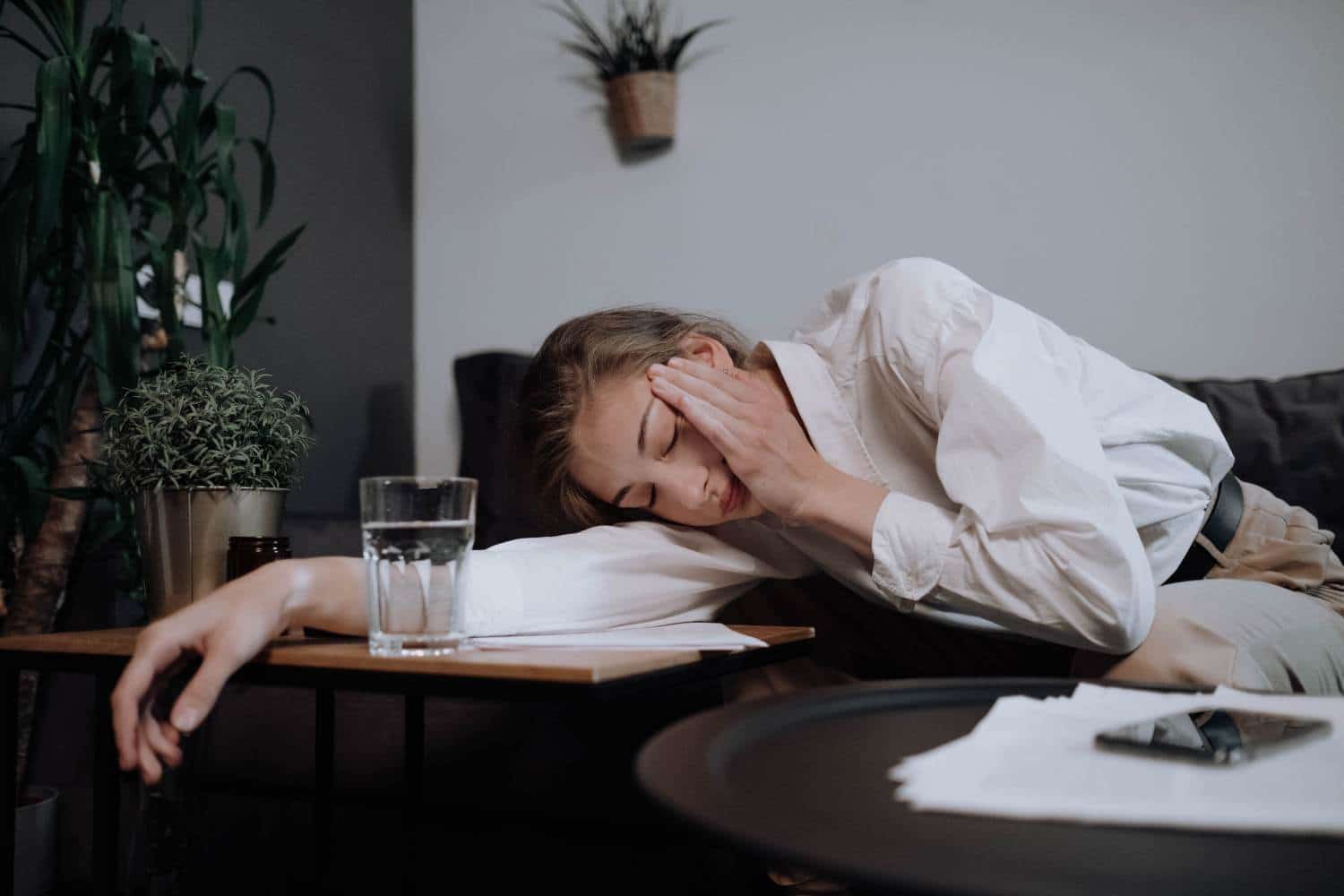
What is a plant-based sleep aid?
Simply put, it refers to any supplement or product that’s natural and plant-based, designed to help improve your sleep. It might aid you in getting to sleep, enjoying a longer and deeper sleep, or both. Unlike other sleeping aids, no medication or added chemicals are included. These aids are completely natural and derive from plant-based ingredients that do not include animal products. There are lots of plant-based sleep aids out there, and we have listed some of the most common and popular:
Melatonin
Melatonin is one of the many hormones in your body. It has one major role; to help your body shut down and get ready to sleep. Countless studies have analyzed the link between melatonin and your sleep cycle2, concluding that high levels of this hormone can help you fall asleep sooner and for longer. Essentially, this hormone sends signals to the brain that tells it you need to sleep. In a healthy individual with a good sleep cycle, melatonin levels will rise during the evening and decrease again in the morning. Thus, you should have no difficulty drifting off to a deep sleep each night, yet you won’t feel sleepy throughout the day. As a consequence, melatonin supplements have become extremely popular natural sleep aids. They contain no medication or drugs, acting like all other vitamin supplements. When absorbed by your body, they encourage melatonin levels to rise. This allows you to regulate your circadian rhythm - or body clock - letting your body decide when you should be awake or asleep. Melatonin supplements correct any issues with your body clock, and they are plant-based and completely natural. You typically take them a couple of hours before bed and they should kick in quickly to help you sleep.
Lavender
If you are struggling to sleep, there’s every chance you have come across numerous sleep aids containing lavender. This herb has, again, been used for centuries in different parts of the world as a way of encouraging people to relax and fall asleep. Predominantly, lavender is used in an essential oil format. It is either diffused into the air or rubbed onto the skin for you to see the possible benefits. Smelling the scent could be all that’s needed to help you fall asleep. How does lavender work as a plant-based sleeping aid? Effectively, it does the same job as valerian root, blocking the same neurotransmitter to help you feel more relaxed and less stressed. Again, there have been some studies that report on the beneficial effects of lavender and sleep quality. One controlled trial from 2015 saw that inhaling lavender before bed led to improvements in sleep quality and sleep hygiene4. The interesting thing about lavender as a sleep aid is that it is primarily used as aromatherapy. Thus, in situations when you might share a bed or room with someone else, this might not be a good sleeping aid to use. While lavender smells nice, it might be off-putting to others in the room. Natural sleep aids that you can ingest do tend to be superior as they don’t have this issue.
Magnesium
Magnesium is similar to melatonin in that it already exists within the human body. However, this is where the similarities end. Unlike melatonin, magnesium is a mineral, not a hormone. We ingest it through different foods, with most individuals able to get the recommended daily amount of this mineral through diet alone. However, if you suffer from magnesium deficiency, there is a chance it can be the source of your sleep problems. Ironically, researchers can’t pinpoint why this is the case or how magnesium works with regard to your sleep cycle. There’s not enough research out there to fully know how this mineral interacts with different parts of your body to impact your sleep. Nevertheless, what we can say is that a lack of magnesium is definitely linked to poor sleep quality5 and an increased chance of insomnia. Conversely, increasing magnesium levels can do the opposite and improve sleep quality. So, while the inner workings of magnesium are still fairly unknown, the impact of low or high levels is clear for all to see.
Chamomile
You have probably heard of chamomile tea, which is often recommended to people who suffer from anxiety or high-stress levels. For generations, this tea has been labeled as a stress-reliever; it’s pinned as something that helps you relax, so it’s good to drink before bed instead of a caffeinated beverage. Chamomile itself is a plant that can be crushed down and used in tea. However, it’s also possible to get chamomile oil tinctures or capsules that you can ingest. Nevertheless, this natural sleep aid is one of the most contentious out there. Some research has indicated a correlation between chamomile and improved sleep quality6. But, much like magnesium, researchers are unsure why this is the case. The studies may show that it helps, but nobody really knows why. Alongside this, there’s not a lot of research into the topic at all. More needs to be done before you can conclusively say that chamomile is effective and not just a placebo. Still, there’s no harm in drinking some caffeine-free chamomile tea before bed, and if it works for you then that’s all that matters.
Glycine
Glycine is an amino acid that’s present in the body and also acts as a neurotransmitter. You can purchase glycine supplements on the market, and they are seen as plant-based sleep aids. This is because of how glycine interacts with your body when you take the supplement. One study from 2015 found that glycine helped to induce sleep by promoting vasodilation7, which lowers blood pressure and body temperature. As a consequence, these two actions signal that it is time to sleep, so the body slowly starts to release more sleep hormones that help you drift off. You can find plant-based glycine supplements in capsule form or as a powder that can be mixed with water.Cannabinol (CBN)
Cannabinoids have been thrust into the limelight over the last few years, largely thanks to the growth in the CBD market. For those that don’t know, cannabinoids are all the chemical compounds found in the cannabis plant. CBD - cannabidiol - is the most well-known of these, rising to prominence in the modern world. There are plenty of supposed health benefits of CBD, with some even claiming it can help with sleep deprivation. However, while it may have some sleep benefits, it is largely used when dealing with people suffering from chronic pain and stress. Instead, cannabinol - CBN - is the prime chemical compound that helps you fall asleep quicker and for longer. This is because it interacts with your endocannabinoid system, which is a system in the body that regulates a lot of normal functions - sleep being one of them. Primarily, there are two key receptors in the system - CB1 and CB2. CB2 is the receptor that helps you fall into a sleepy state. CBN binds to this receptor and activates it. Therefore, your body starts to get itself ready for bed, shutting down and allowing you to fall asleep for longer. As a result, CBN is shown to be a highly popular plant-based sleep aid for individuals that struggle to see any benefits from the other options listed above. Learn More About Slumber
Learn More About Slumber
What are the benefits of CBN as a sleep aid?
At Slumber CBN, we sell a variety of CBN sleep aid products - all of which are completely natural and come with their own lab reports. We’ve also had third-party testing done to prove the benefits of our products with regard to improving the quality and duration of your sleep. But, why CBN? What benefits does this cannabinoid have?- Minimal side effects - as long as you take the recommended dose, you should see improvements in your sleep without any additional side effects
- Available in many forms - unlike a lot of other sleep aids, CBN is available in just about any form imaginable. This includes chewable gummies, tinctures, capsules, and even topical gels
- Can be used in conjunction with other sleep aids - CBN supplements can be used alongside other sleep aids - such as melatonin or valerian. So, if you are looking for something to give you an extra boost alongside your current aids, this could be it
- Legal in the US - many individuals have explored the idea of using cannabis to help with insomnia and sleep deprivation. While it has shown to present positive benefits, cannabis is not legal throughout the US and can be hard to obtain medicinally. By contrast, CBN gives the same benefits, but it is completely legal for adults to buy and use

Do you need a sleeping aid?
Natural sleeping aids exist, but that doesn’t necessarily mean you need them. In fact, you should view them in the same way as you would view any other supplement. First, consider if there are other ways of improving your sleep without a sleeping aid. Some common ideas include:- Avoiding caffeine in the hours before bed
- Switching screens off or turning them to ‘night mode’ in the evenings
- Turning your lights off in your bedroom an hour or two before going to sleep
- Meditating or doing breathing exercises before sleeping
- Listening to white noise
- Wearing earplugs or soundproofing your bedroom to block out exterior sounds
- Buying a better mattress to prevent back pain

How much sleep do you need every night?
To understand if you need a sleep aid, you first need to see if you are sleep deprived. According to data from the Sleep Foundation, the average adult needs between 7-9 hours of sleep every night8. It is a good idea to assess your sleeping routine and deduce if you are consistently falling within this range. Wearing a fitness tracker can be useful in showing you how much you’re actually sleeping per night. Track your habits over the course of a few weeks, and you will soon see if you are getting enough sleep. Those of you that constantly drop below the 7 hour mark should look to make changes to boost your hours. Let’s say you sleep for an average of 5 hours a night. On its own, 2 hours less than the recommended amount of sleep doesn’t seem that bad. Over the course of a week, that’s 14 hours of sleep you’re missing out on - leading to the sleep debt issue we mentioned in the introduction. So, if you aren’t getting between 7-9 hours of sleep a night, start making alterations to improve this. Failure to see improvements based on some of the changes mentioned in the previous section will mean a sleep aid can benefit you. Plant-based ones are the best because they are natural and safe.What are the health effects of a lack of sleep?
It’s easy to believe that people overexaggerate the health effects of sleep deprivation. Unfortunately, it is true that your health and wellbeing will take a significant hit if you consistently don’t get enough sleep. Having a rough night once in a while won’t impact your health, but sleeping for 4 or 5 hours every night will certainly lead to some long-term health problems. A handful of the most common health issues can be seen below:- Issues with your CNS - the central nervous system is directly impacted by your sleep cycle. If you don’t get enough sleep, the CNS won’t function correctly. It stops sending signals as it should, which makes it harder for your body to regulate a whole host of normal functions. Most notably, you experience mood swings because your CNS struggles to send the right signals telling your body to release specific mood-regulating hormones
- Weight gain - speaking of hormones, sleep plays a role in the production of two key hunger hormones: leptin and ghrelin. Leptin lets your brain know you’re full, while ghrelin does the opposite. When you don’t get enough sleep, your body starts producing more ghrelin and less leptin. In turn, this means you are hungrier than usual and more prone to snacking. Combine this with decreased energy levels because you’re tired, and you can gain a lot of weight
- Heart problems - as a consequence of weight gain, you’re automatically at risk of developing cardiovascular problems. Even if you don’t gain weight, sleep deprivation is believed to increase the chances of heart issues. In fact, one study saw a link between insomnia and cardiovascular issues9, such as heart attacks
- Weakened immune system - your immune system is responsible for fighting off viruses and diseases that can make you sick. People that don’t get enough sleep will have weakened immune systems because the body doesn’t have enough time to rest and recharge. When you sleep, your immune system develops substances that can fight off infections and diseases. Have you ever noticed that you feel better after sleeping if you have a cold or the flu? This is because sleep gives your body a chance to work on defending itself, and a lack of sleep means it can’t do this, weakening your immune system

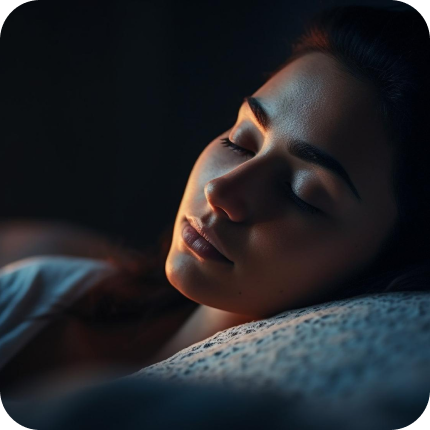




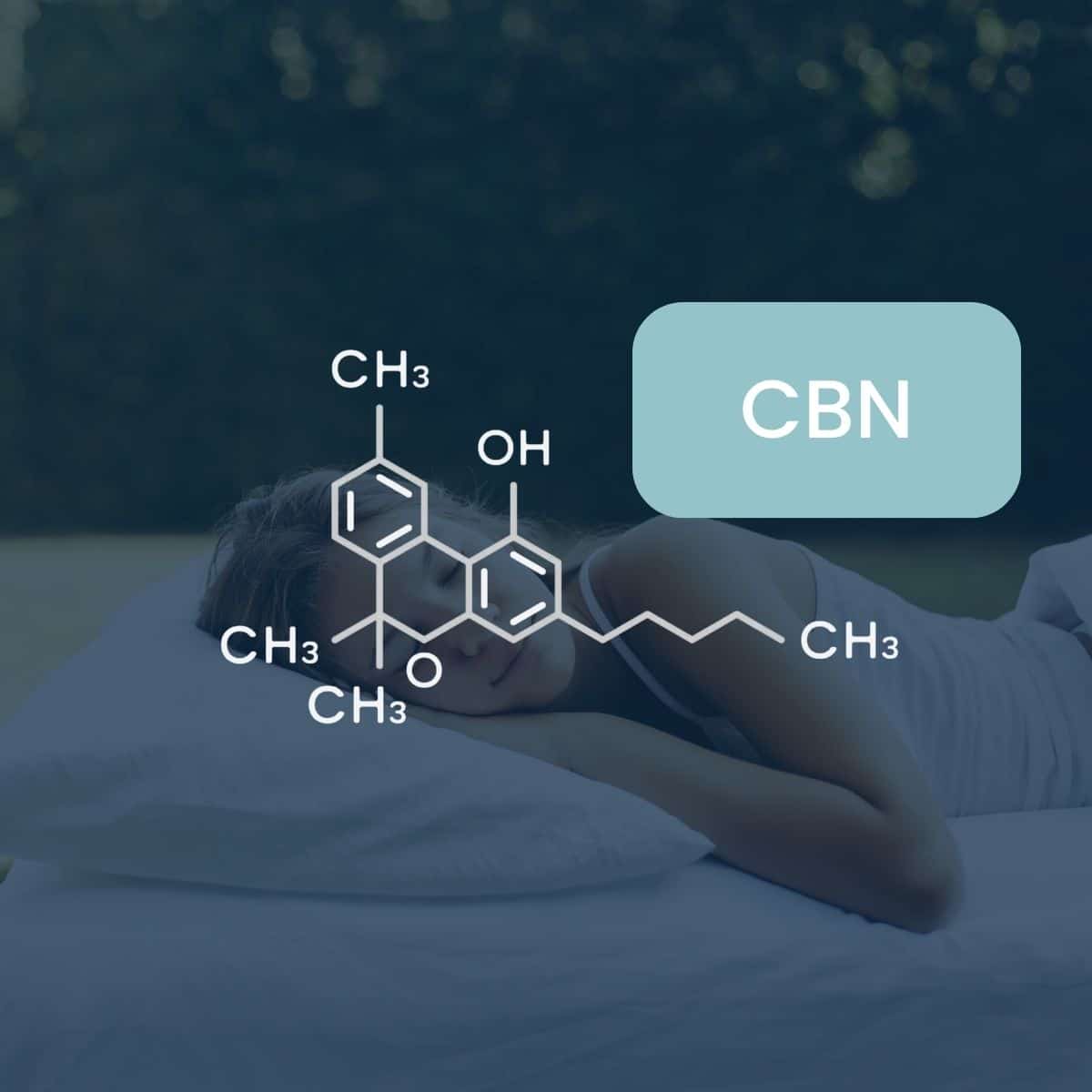
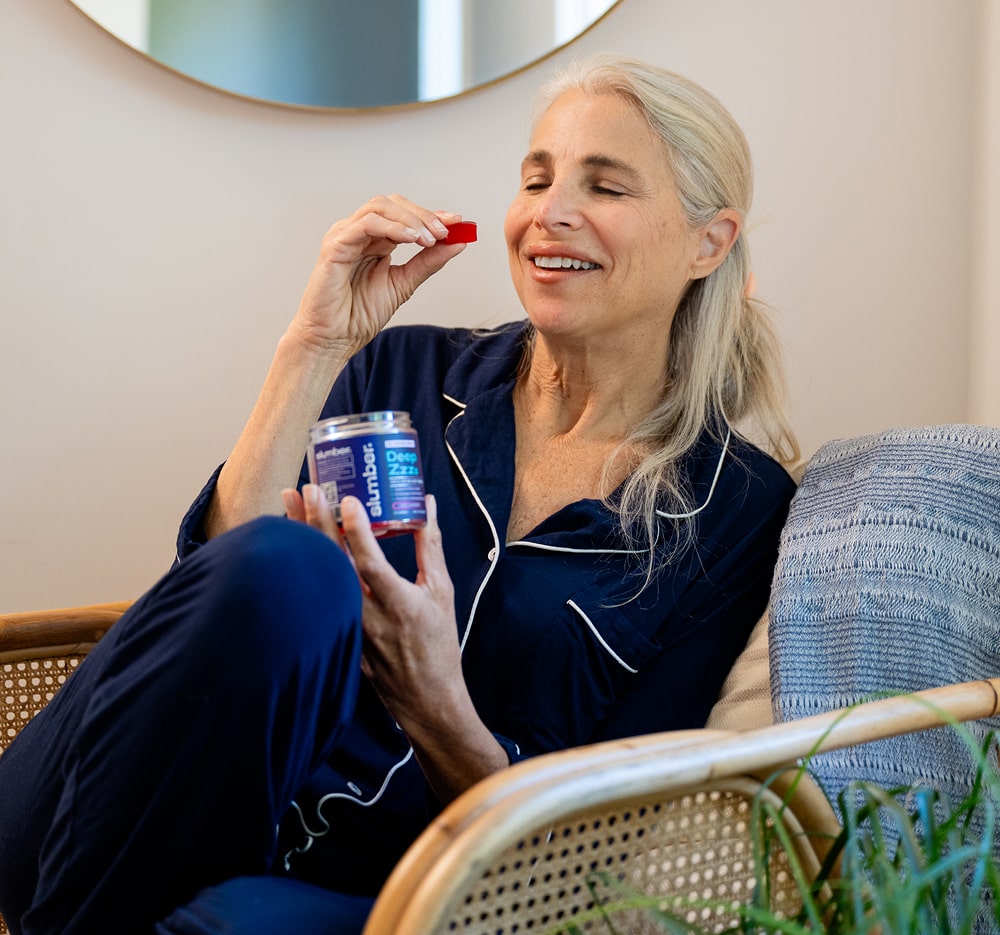




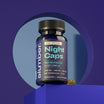





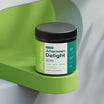




Leave a comment
This site is protected by hCaptcha and the hCaptcha Privacy Policy and Terms of Service apply.